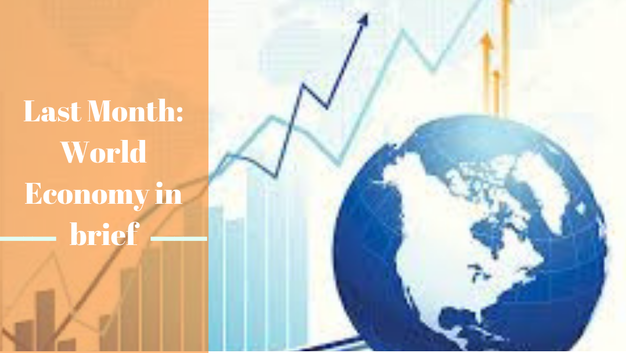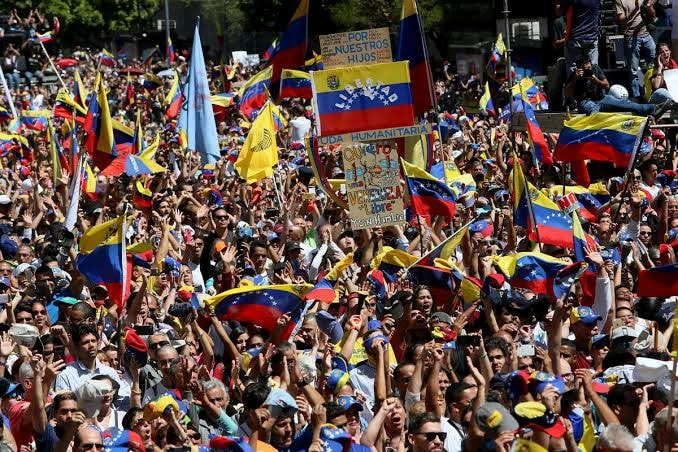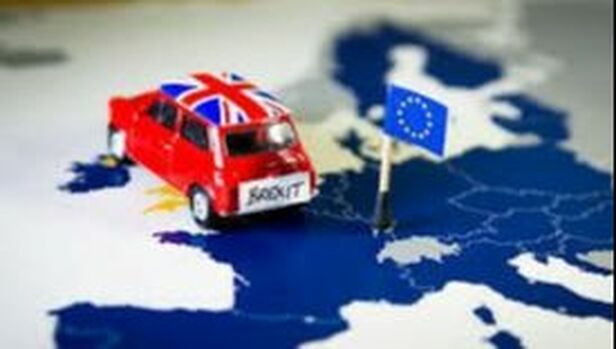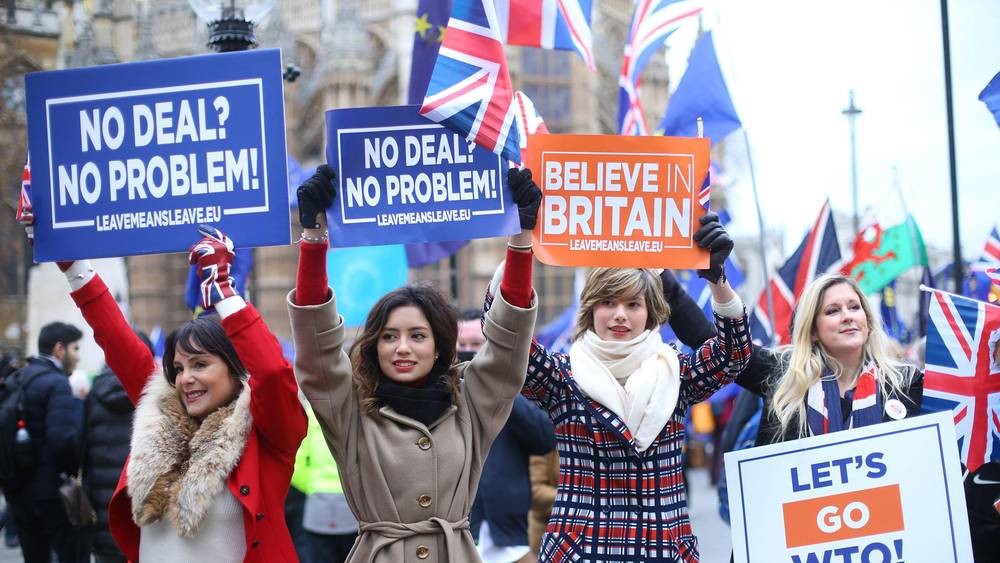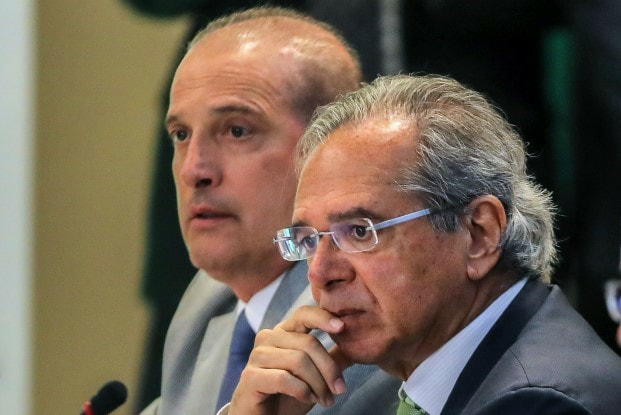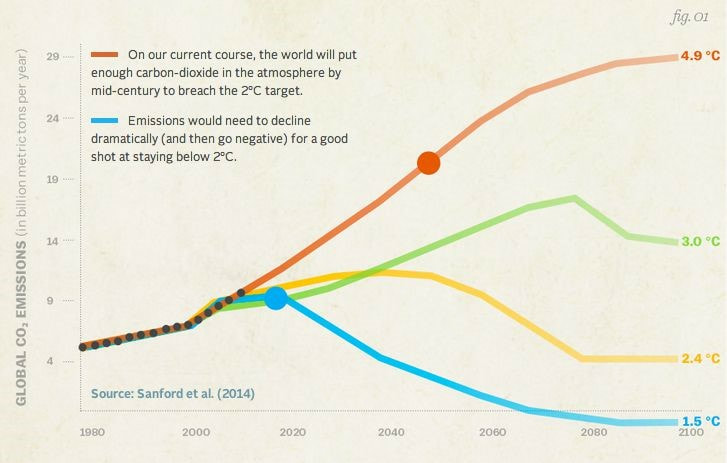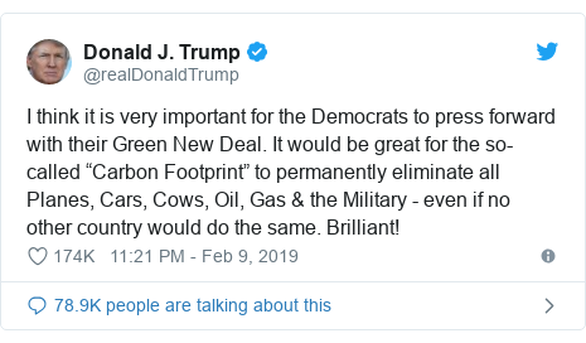ECONOMICS STUDY CENTER, UNIVERSITY OF DHAKA
|
Chowdhury Nabila Tasnim, Mashrur Abdullah, Namira Shameem, Fardeen Kabir, Masafi Mustafa Haider Border Clashes in VenezuelaChowdhury Nabila Tasnim Venezuela plummets further into crisis as blocking of humanitarian aid results in deadly clashes at the Colombian and Brazilian border crossings. Once the richest nation in Latin America, the country has been plagued with economic collapse since the current president Nicolas Maduro took power in 2013, as the oil prices dropped globally. Since then, inflation has been skyrocketing, rendering the bolivar almost useless against the US dollar. According to a study by the opposition-controlled National Assembly, the annual inflation rate reached 1,300,000% in the 12 months to November 2018. All of this has been affecting the daily lives of Venezuelans, with people not being able to afford basic medicines and going to bed hungry. Things took a dramatic turn in January of this year when Venezuelan politician Juan Guaido declared himself the interim president of Venezuela. While Mr. Guaido wants medical and humanitarian aid to enter the country, Mr. Maduro believes that this is just an imperialist ploy by USA to invade the country. As Maduro blocked the humanitarian aid coming in from Colombian and Brazilian border, deadly violence has broken out, leaving at least two people dead, including a 14 year old boy. Mr. Guaido has given the government a deadline to allow the aid to pass through the border. In case that does not happen, he has promised to have volunteers march in with the aid. As a rebuttal, Maduro has partly cordoned off the borders with Colombia and Brazil, adducing the transportation of humanitarian aid as a threat to the country's sovereignty. Civilians have been attempting to cross the border to get to the aid. Reports have mentioned burning down of aid trucks, which is a violation of Geneva Convention; and using of firearms on protesters, which is also a crime under international law. In a recent development, soldiers have abandoned the post at the Colombian border as the opposition attempts to bring in the aid. Sources:
No Deal Brexit: A Threat towards Britain’s EconomyMashrur Abdullah Brexit is probably the most eventful incident in Britain after decolonization. Britain is the first country who has voted to leave EU. So, it is a big question why people of Britain wanted to leave EU? This article tries to analyze the reasons for Brexit and what the post Brexit scenario might look like. Background of Brexit
For these reasons, the referendum for Brexit passed in 2016. Why A Deal is Important for Brexit? After the historic referendum of Britain in 2016, the British government and the EU decided to take some time to make a deal on Brexit. So, Theresa May’s government made a deal with the EU regarding Britain’s post Brexit conditions. But the British parliament did not accept this deal. The reasons why a deal is important is given below:
What is inside Theresa May’s deal?
Why Corbyn wants a second referendum? The Labor Party’s chief has always been against Brexit. But as it is the decision of the British people, he cannot deny this. Now, at the last moment of the Brexit talks, he is backing the second referendum because he and his allies think that Theresa May’s government cannot make a new deal within this short time. So, a no deal Brexit is a possibility which may bring a big disaster to British economy. So, they want a second referendum. Sources:
Brazilian President Proposes Pension ReformNamira Shameem Brazil's Economy Minister Paulo Guedes SERGIO LIMA/AFP/GETTY South America’s largest economy is set to undergo some major changes to boost its growth and avert an imminent financial crisis. Elected last year as Brazil’s newest President, Jair Bolsonaro, a far-right politician, has proposed a plan to reform the country’s insolvent pension system that serves around 21 million people. The pension reform was at the core of Bolsonaro’s election campaign last October, winning him the support of many. Economists cite pension reform as the chief factor in shrinking a swiftly expanding debt burden and steering the economy towards faster growth. The current pension system, which allows some Brazilians to retire before the age of 50, is experiencing a large public deficit. This is because employees only need to contribute to the pension system for at least 30 years (for women) or 35 years (for men). As the working population becomes smaller owing to higher life expectancy, earlier retirements, low birth rate etc., this deficit is expected to worsen and may push the country into a crisis that many previous governments had foreseen but failed to thwart. Bolsonaro’s proposals include setting a minimum retirement age of 65 for men, and 62 for women. After contributing to the pension system for 20 years, employees can access partial pensions, and after 40 years, full payout. According to the Economy Ministry, over the next decade the pension reform is expected to save 1.07 trillion reais ($289.5 billion). However, it does not come without repercussions. The oppositions argue that the overhaul asks workers to pay an unfair price. The poorest would be adversely affected by the changes since they usually begin work at an earlier age and would now be required to wait longer to collect their pensions. Union workers may once again organize mass protests, as they had done previously to halt reform attempts by previous presidents. As alternatives, the president has also put forward the idea of creating an employee-funded private system of individual savings accounts and higher contributions from the more affluent taxpayers. In order to be implemented, both Houses of Congress must approve the proposal with three-fifths super majority. The changes would then be phased in, over a period of 12 to 14 years. However, opposition parties remain adamant to block the bill from being passed. Sources: David Malpass is Trump's New World Bank President Nominee and Here's Why It May Concern Us AllFardeen Kabir The US president Donald Trump has nominated David Malpass for the role of the president of World Bank and this decision is already gathering up some heat. Malpass has worked with Donald Trump in 2016 Trump election campaign as a senior economic adviser and in 2017 he got a senior role in US treasury, the undersecretary of international affairs. He also worked in senior roles in the US treasury during Reagan and Bush era. Malpass is widely acknowledged as a trump loyalist and known for his die-hard republican sympathies and abrasive management style. He had been heavily criticized during 2007-2008 crisis for his views. In a 2007 Wall Street Journal article he wrote, "Housing and debt markets are not that big a part of the US economy, or of job creation, it’s more likely the economy is sturdy and will grow solidly in coming months, and perhaps years” Donald Trump announces David Malpass (left) as his choice for World Bank president on 6 February. Giving the US the right to pick the head of the bank has long been an anachronism. Photograph: UPI/Barcroft The New York times also criticized Malpass among other economists for their partisan bias towards republican policies saying “unquestionably contributed to their forecast errors” during the 2007-2008 crisis” Malpass holds a critical view of World Bank and other similar institutions, saying these institutions are ‘intrusive’ and ‘entrenched’. His critical stand towards multilateral institutions is probably why he’s been nominated by Trump. Trump is also anti-aid, skeptical about climate change and wants to bring China down to size. The Guardian wrote in one of their articles,”The bank, up until now at least, has been in favour of aid, sees itself as central to the fight against global warming and has been in favour of lending to middle income countries such as China. Malpass is an economist who knows how the bank works. The fear is that he will try to use the bank to pursue the White House’s agenda”.Malpass has pushed the World Bank to halt lending to China ever since he took the position in the US treasury, saying “too wealthy to deserve such aid”. He also holds a rather simplistic view of how to help the poor countries to overcome their financial difficulties. He wants to slash taxes, scrape red-tapes and ensure that the currencies are stable. But in reality the poor countries find trouble in collecting taxes and have large informal sectors with little (or no)regulations. Malpass has been nominated in such a time when multilateralism is in crisis and protectionist policies are on the rise. And experts are fearing Malpass will only make it worse by pursuing white house’s agenda. The US has traditionally chosen the president for World bank over the years. It has 16% share in the institution’s executive committee, which consists of 25 members. And Malpass needs the approval of the majority of the committee. Justin Sandefur, a senior fellow with the Center for Global Development, thinks that the US is trying to undermine a key global institution and said, "They have a choice. It's a simple majority vote, the US has no veto in this election and there are many better candidates", urging other countries to nominate alternative candidates. Sources: Green New Deal: Promises and PerilsMasafi Mustafa Haider The Green New Deal (GND), proposed by Democrat representative Alexandria Ocasio-Cortez and Senator Ed Markey on 7 February, 2019 is a fourteen-page resolution that aims to fight economic inequality and tackle climate change. The main target is to reach net-zero greenhouse gas emissions within 10 years. Since its introduction, it has become an incredibly hot item on the political agenda. Key Prospects:
Too Ambitious? Conservatives and Republicans are calling it socialist whilst pundits are calling it unrealistic and expensive. It’s been argued that, while the GND’s ambitious set of goals and principles aimed at transforming and de-carbonizing the US economy sounds quite impressive, lack of details about how these massive plans will be carried out makes the resolution somewhat impractical. According to a UN report released last month, the effects of global warming could become irreversible by 2030 without rapid action. For now it seems, the resolution will not pass the Republican-controlled senate. However, support for GND is gradually increasing with 60 members of congress including 5 presidential candidates and hundreds of environmental groups currently supporting it.
For years, US politics has overlooked its climate and economic issues. But with the proposition of the Green New Deal, there is now a potential solution on the table. Looking ahead, it will come down to a matter of public support and political will to help USA tackle effects of climate change before it’s too late. Sources:
0 Comments
Leave a Reply. |
